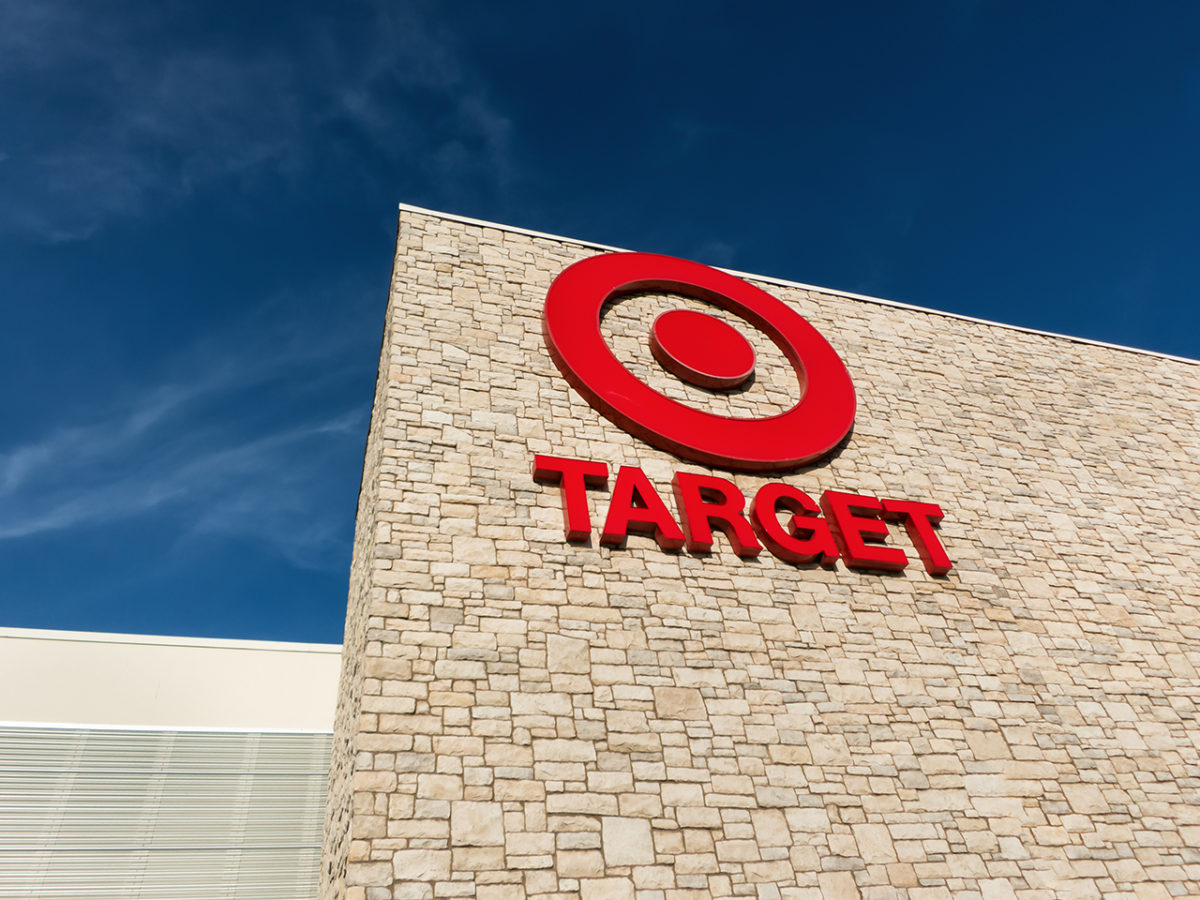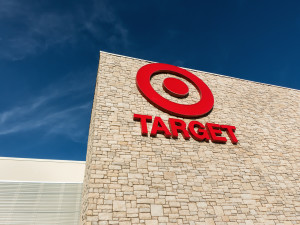Big-Box Breakdown
For better or worse, Walmart and Target have peppered just about every county in the U.S. These stores have become an American staple for one-stop shopping, selling everything from canned soup and computers to Ziploc bags and Zyrtec.

Why you want a Target, not a Walmart, to open in your town
 For better or worse, Walmart and Target have peppered just about every county in the U.S. These stores have become an American staple for one-stop shopping, selling everything from canned soup and computers to Ziploc bags and Zyrtec.
For better or worse, Walmart and Target have peppered just about every county in the U.S. These stores have become an American staple for one-stop shopping, selling everything from canned soup and computers to Ziploc bags and Zyrtec.
Though both house a similar lineup of products, these retail powerhouses aren’t alike. Walmart, for instance, boasts unbeatable deals, while Target snags top-name designers for its trendy clothing lines and housewares.
And when it comes to boosting a town’s property values, Target easily trumps its lower-priced competitor.
Research by Professor of Economics Donald Vandegrift and John Loyer ’10 shows that the arrival of a big-box store can raise the value of taxable property in a township—but only if it’s a Target, not a Walmart. The latter, by contrast, has no effect on property values. The two published their findings last April in The Journal of Regional Science.
“It was a little bit surprising to see because I often viewed the two retailers as interchangeable,” says Vandegrift. In New Jersey, 30 Walmarts and 33 Targets opened between 1998 and 2007. The researchers examined what happened to the tax base—the total value of land and structures in a municipality—as a result, in both the town where the stores opened and the adjacent town.
The study showed that on a per-acre basis, the tax base went up 2.8 percent for the municipality in which the Target opened, and even more so—5.9 percent—for the neighboring one.
So what accounts for this “Target effect”?
“The educational and income characteristics of your typical Walmart shopper are very different from those of your typical Target shopper,” Vandegrift says. Target attracts higher-income shoppers who are more likely to have a college degree, which could lead to the opening of other stores in the same area that hope to catch some of Target’s fall-out. Homes in the neighborhood could see a boost in price as well.
For Walmart, a similar chain of events could be occurring, but with lower-income households that fail to have an impact on property values.
“A lot has been written about Walmart and its impact on jobs, on poverty, on retail prices,” says Vandegrift. “It lowers prices at competing retailers, but nobody had considered what impact it had on the tax base.”
Posted on February 20, 2015

